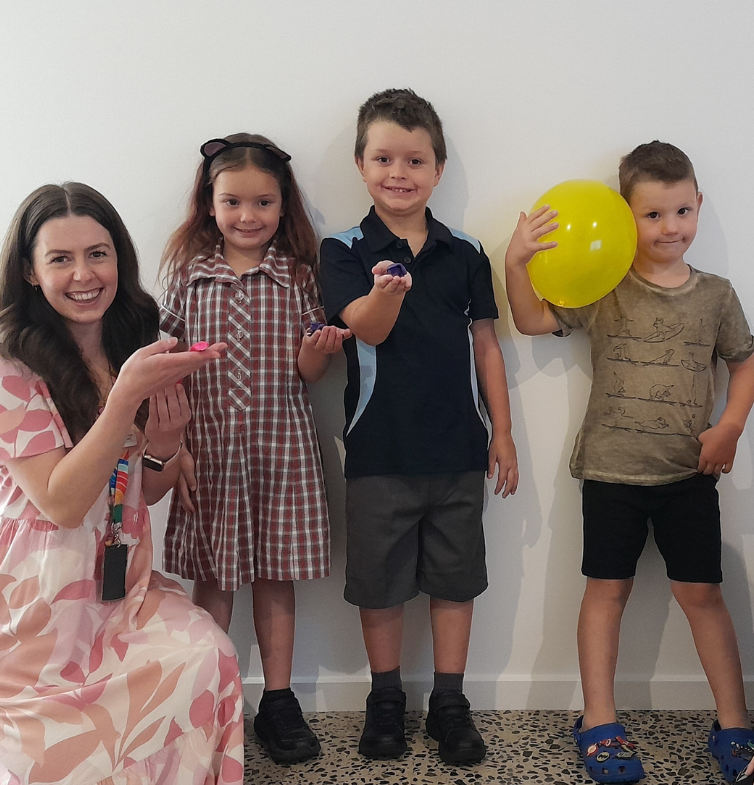Therapy That Actually Works in Real Life
This Approach Makes Much More Sense
For Occupational Therapy or Speech Therapy, you’ll want it to actually help you in everyday life. That’s where it matters.
Therapy that’s going to help you happens where life happens – at home, in the playground, at work – wherever it makes sense for you.
Say Goodbye to Therapy in Clinical Rooms
These days, families deserve better. Therapy programs that follow strict checklists and rules don’t work for everyone.
Life isn’t a textbook, and therapy shouldn’t feel like it either. It should fit into everyday life, not feel like a chore.
While people might have similar goals, their situations are never the same. So even though we might be working towards a familiar outcome, how we actually approach it with each person is going to be different every single time.
Speech and Occupational Therapy - Where You Live, Learn, and Play
Here’s how we do things - therapy happens in the moments that matter.
Speech therapy while kicking a ball around? Yes. Occupational therapy while cooking lunch? Absolutely. The best way to learn is by doing. That’s how real progress happens.
Learn to use skills in your real-life setting so that what you’re learning really sticks.
We love that everyone is different and appreciate the special things that make people who they are - we can’t wait to get to know you.

Speak Up and Stand Tall - Therapy for Kids, Teens & Adults
Kids - Play Is the Best Teacher
Children learn best through play. Ever tried making a child sit still for therapy? Not fun. But get them playing their favourite game, and suddenly, they’re learning without even realising it.
That’s the way to do it. A child learning new words might practice them while racing toy cars. A child improving motor skills might do it while baking cookies.
Fun makes learning easier.
Teens - Helping Them Find Their Voice & Place
Teens have enough to deal with - therapy shouldn’t add more pressure. Some struggle with friendships. Others feel nervous speaking in public.
We help them practice real-life skills in real situations. One teen learned to order food at a café. Now, they do it with confidence.
Another worked on managing social anxiety by practicing small talk in familiar settings before trying it in larger groups.
Over time, these small steps built up their confidence, making everyday interactions much easier.
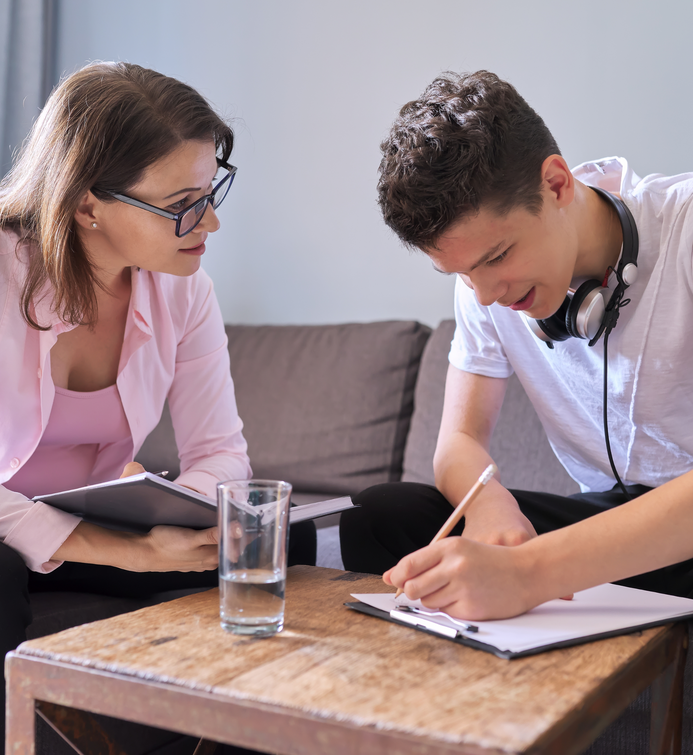

Adults - More Confidence, More Freedom, More Independence
For adults, independence looks different for everyone. Maybe you want to make phone calls without stress. Maybe you want to get a job or shop alone. Whatever the goal, we help make it happen in a way that makes sense for you.
We focus on breaking down challenges into small, achievable steps, so progress feels manageable.
Whether it’s practicing social interactions, improving daily routines, or building work-related skills, we support you at every stage.
Therapy That Doesn’t Stop When the Session Ends
Therapy Kickstarts It - How to Keep the Progress Going
Most progress happens between sessions. That’s why we involve families, teachers, and carers. The more support a person has, the faster they grow. Therapy should be part of life, not something separate from it.
That means practicing skills during everyday routines, like chatting while making breakfast or using fine motor skills while tying shoelaces.
The goal is to make therapy feel natural so that growth happens without extra effort.
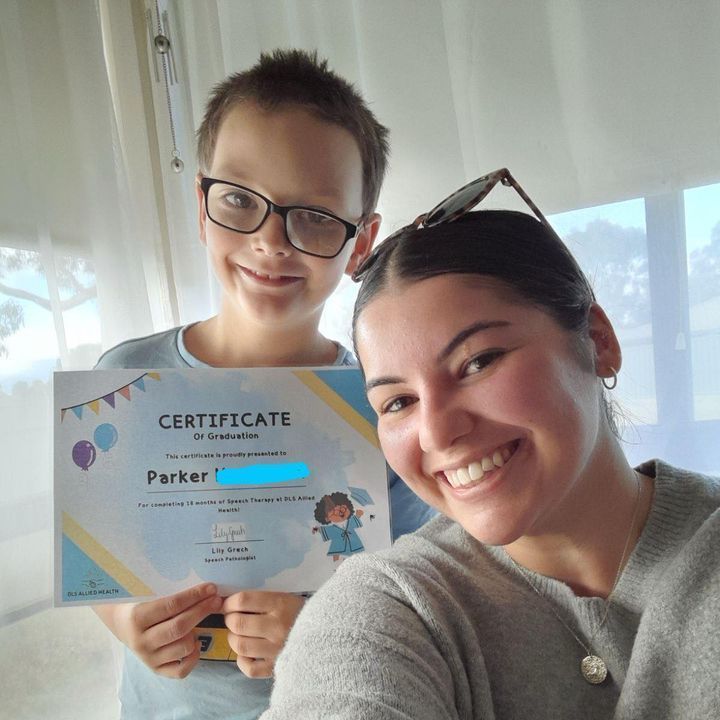

Small Steps Outside of Therapy = Big Progress
One parent told us their child struggled with multi-step instructions. So, we broke tasks down into small steps - getting dressed, packing a school bag, setting the table.
These small steps led to big changes. It’s all about making progress in ways that actually stick.
You Won’t Be Ghosted on a Waitlist Somewhere
We’re Here to Help - Simple as That
People are tired of waiting for help. Our flexible schedule means you or your child can start therapy in just a few weeks – no time wasted on a list. We’ll be honest about time-frames and keep you informed about what to expect next.
Stay Where You Are - We’ll Come to You
Our therapists travel across Victoria and NSW, making therapy easy and convenient for you.
Guidance With Funding
Whether you’re with the NDIS or paying privately, we can help. We can help you understand how to manage the NDIS process and create a therapy plan that works for you. No more confusion.
Proof That Therapy Works
Results That Matter
We’ve seen kids go from non-verbal to talkative. Teens who used to avoid social settings now spend time with friends. Adults who never thought they’d work now have jobs they love. Small steps create big results.
A Therapy Plan That’s Built Around You - Case Studies
One mum had a six-year-old who barely spoke. But he loved music. So, we built therapy around songs. His first words came through singing. Now, he sings along to his favourite tunes.
A teen with autism wanted to make friends but didn’t know how. Instead of talking about social skills, we helped them practice in real settings - sports games, game nights, and everyday hangouts. Now, they have friends and feel more confident.
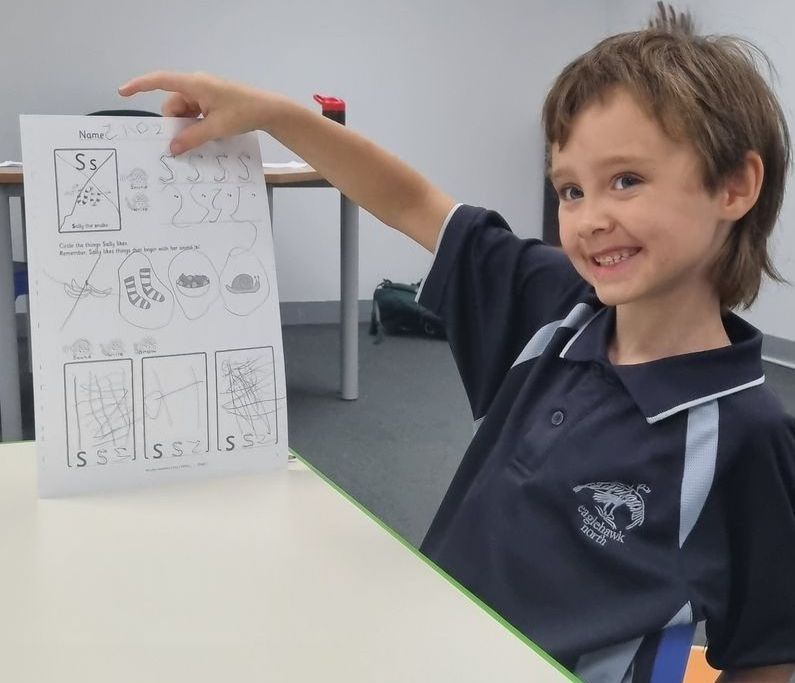
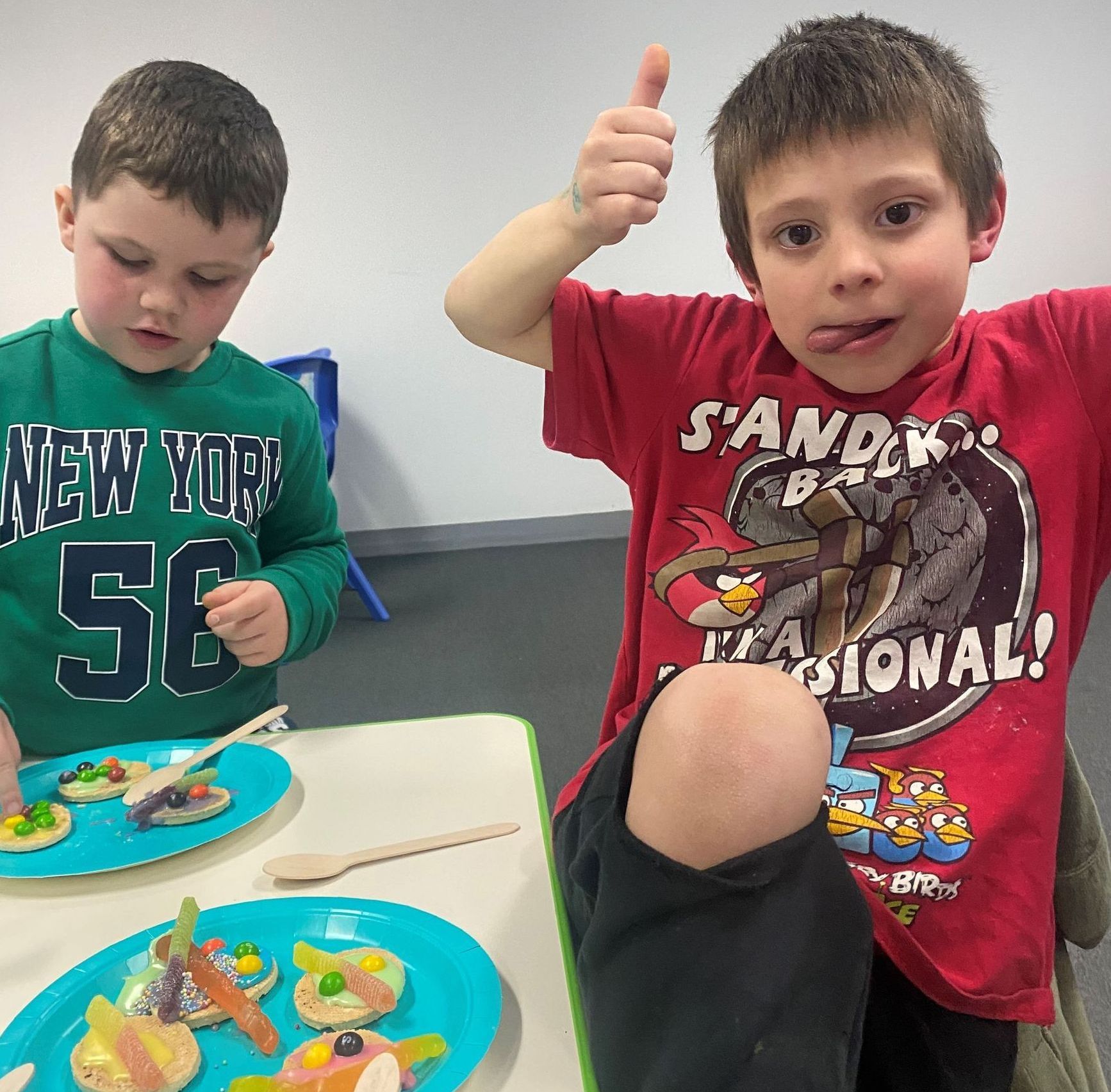

Proof That Therapy Works
Lost in NDIS Paperwork?
Not sure where to start with NDIS? The system is complicated, but it doesn’t have to be. Here’s how we help:
- Explain what support is available.
- Set goals that fit into daily life.
- Find easy ways to include therapy in everyday routines.
- Advocate for the right funding and support.
Families tell us that getting the right support changed everything. Instead of stressing over paperwork, they focus on what really matters - watching their child grow.
Handling the Hard Parts for You
Oh, and if you’ve ever tried figuring out NDIS, you know how confusing it can be. Forms, funding categories, support plans - it’s a lot. But don’t stress. We break it down step by step. We help families create therapy plans that actually work, without the headaches.
One parent told us they were lost in NDIS paperwork. They had no idea what support their child was eligible for. We helped them create a plan that made sense. Now, they know exactly what’s available and how to use it.
Ready to Get Started? Let’s Make It Happen
It’s Time to Make Progress - Are You Ready?
Reaching out for support can feel overwhelming. But you don’t have to do it alone. Whether you’re new to therapy or just looking for a better approach, we’re here to help.
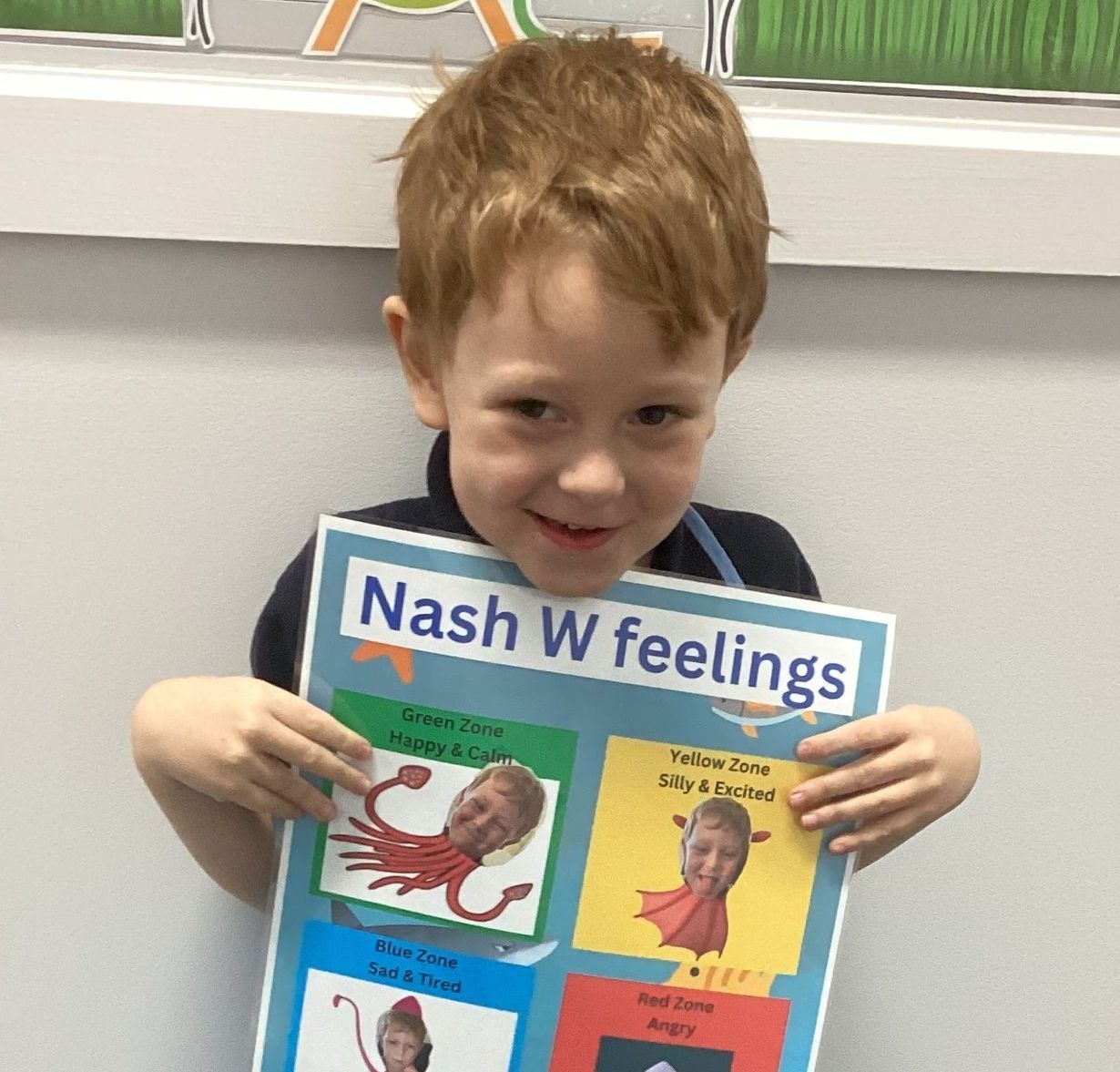

We’re based throughout Victoria and New South Wales in Bendigo, Albury-Wodonga, and Geelong, and we meet people where they are.
Want to see how therapy can work in your world? Let’s talk.
OFFICE HOURS
- Mon - Fri
- -
- Sat - Sun
- Closed


